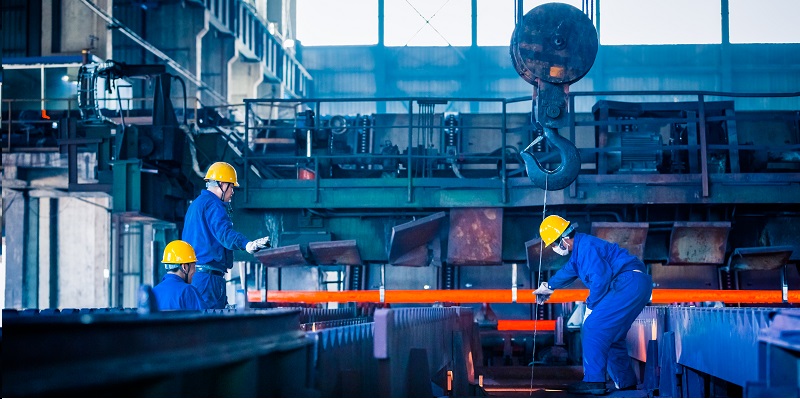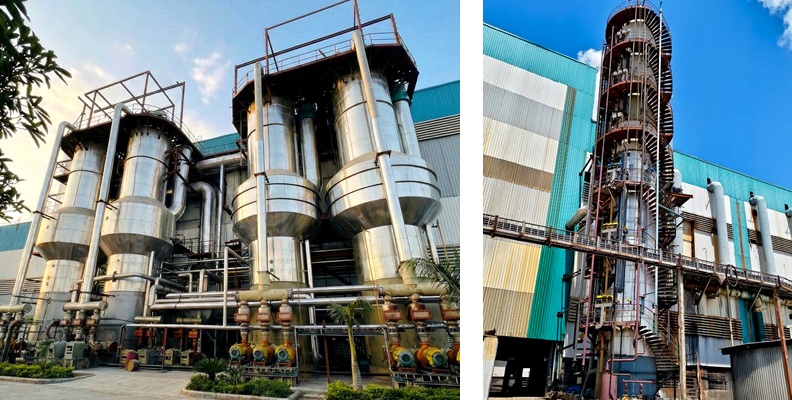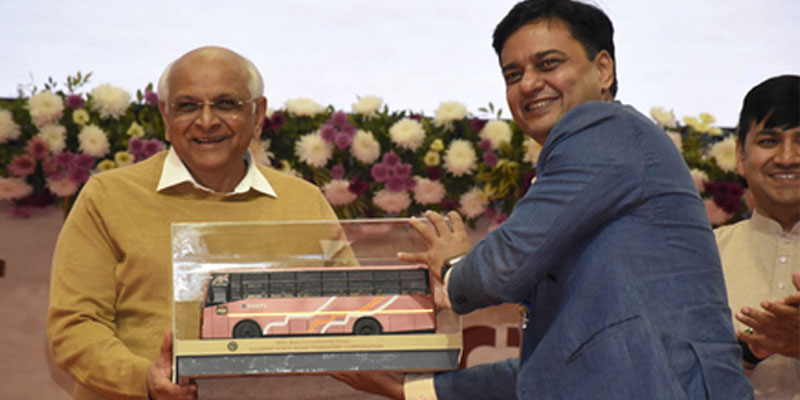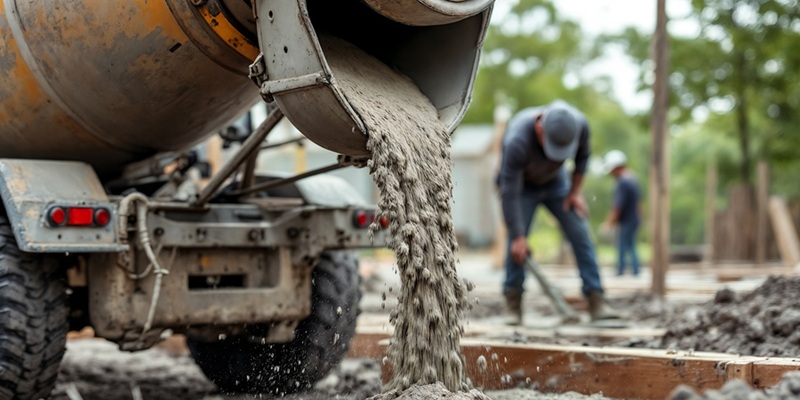Schedule a Call Back
Bright future for manufacturing as ‘Make in India’ marks 10 years: Piyush Goyal
 Industry News
Industry News- Sep 26,24

Related Stories

Spray Engineering Devices drives Parag Agro’s 7000 TCD expansion
SED’s phased modernisation programme has enabled Parag Agro to scale sugar production to 7,000 TCD while achieving significant gains in energy efficiency and sustainability.
Read more
Aimtron enters railway signalling with focus on safety-critical electronics
Aimtron Electronics has expanded into railway signalling electronics, leveraging its regulated manufacturing expertise to support safety-critical rail and metro infrastructure in India.
Read more
Vibrant Kutch Programme Secures Rs 85bn in MSME MoUs
District event boosts investment and growth in Gujarat’s Kutch
Read more












